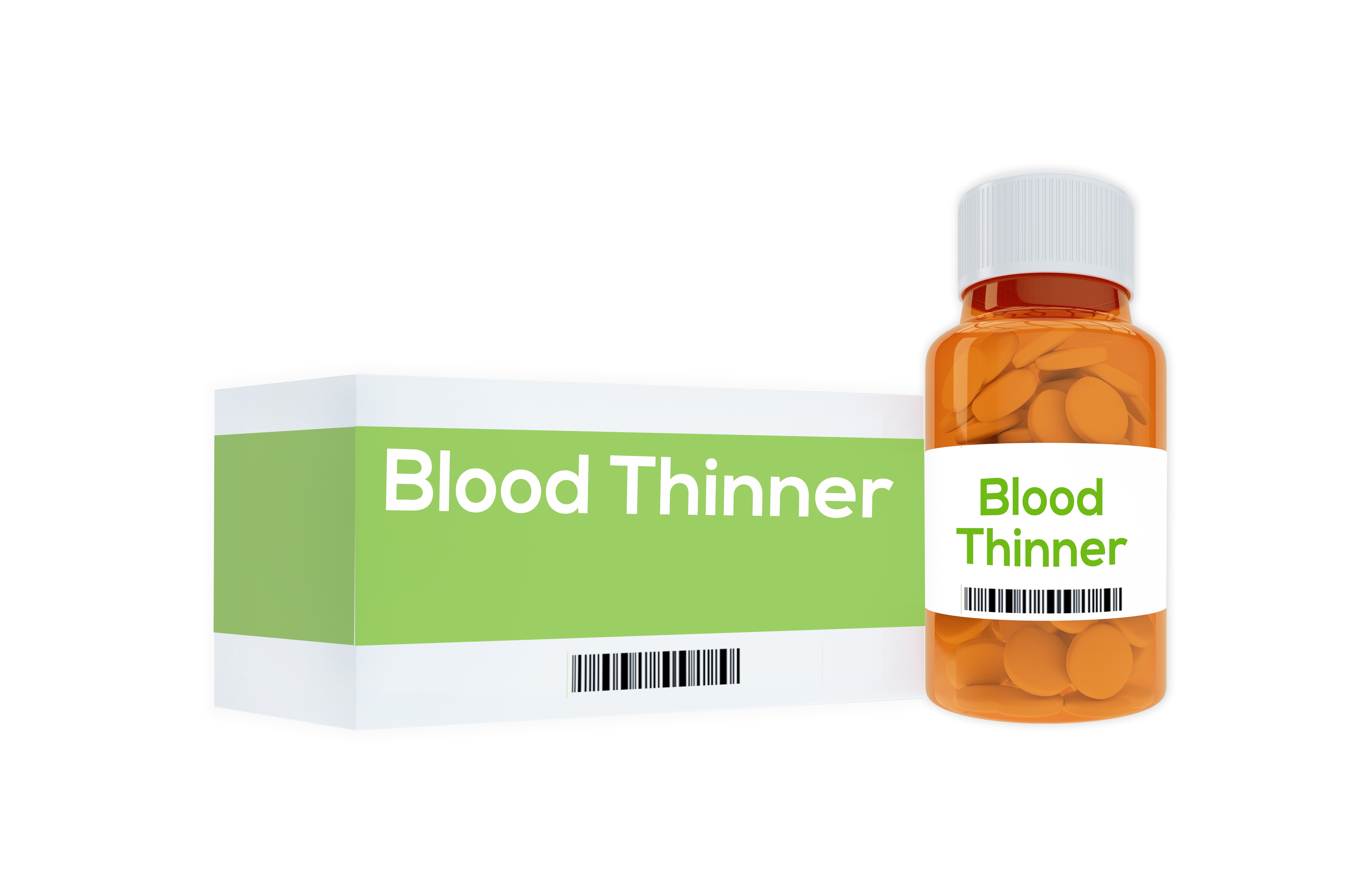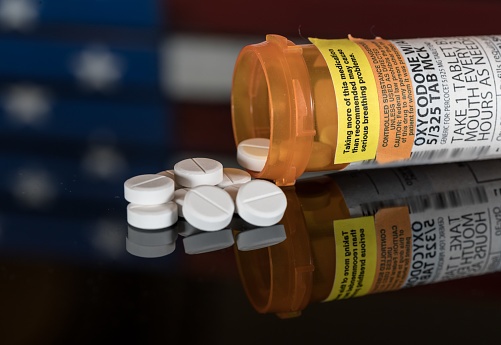
The combination of apixaban and clopidogrel was associated with a reduced risk for bleeding and hospitalization in patients with both atrial fibrillation (AFib) and acute coronary syndromes (ACS), new results from the AUGUSTUS trial presented at the American College of Cardiology Annual Scientific Session in New Orleans indicated.
Researchers for the 2X2 factorial study enrolled 4,614 patients (mean age 70 years) with AFib (and taking a long-term blood thinner) and with at least one recent episode of ACS. Patients were randomly assigned to receive apixaban or a vitamin K antagonist, and also to receive aspirin or matching placebo for six months. The primary study outcome was major (causes death) or clinically relevant nonmajor bleeding (requiring hospitalization or intervention). Secondary outcomes included death or hospitalization, and death or ischemic events.
Apixaban in the Mix
According to the study results, patients taking apixaban saw a 31% reduction in risk versus those taking warfarin. Additionally, patients taking placebo instead of aspirin saw a 47% reduction in bleeding risk compared with those taking aspirin. Patients treated with the triple therapy of warfarin, aspirin and clopidogrel had the highest bleeding risk (18.5%), contrasted with those taking apixaban, clopidogrel, and placebo, who had the lowest risk (7.3%). When looking at the proportion of patients who either died or were hospitalized, patients taking clopidogrel, aspirin, and warfarin were the top group (27.5%) compared to those taking clopidogrel, apixaban, and placebo (22%). Those taking apixaban also saw a 50% lower stroke rate compared to those on warfarin.
“We have shown that when it comes to treating this high-risk patient population, less may be more,” said lead author Renato D. Lopes, MD, PhD, of the Duke Clinical Research Institute at Duke University School of Medicine in Durham, North Carolina, said in a press release. “Our findings show that the combination of apixaban and a drug such as clopidogrel—without aspirin—is the safest treatment regimen for this difficult-to-treat group of patients, without significantly increasing ischemic events such as heart attacks, strokes and blood clots. These results should reassure clinicians that it’s okay not to treat most of these patients with aspirin.”
The study, the researchers noted, was under-powered to detect small differences in outcomes for some patients, such as those with stent thrombosis.
The study was published simultaneously with its presentation at the meeting in the New England Journal of Medicine.







 © 2025 Mashup Media, LLC, a Formedics Property. All Rights Reserved.
© 2025 Mashup Media, LLC, a Formedics Property. All Rights Reserved.